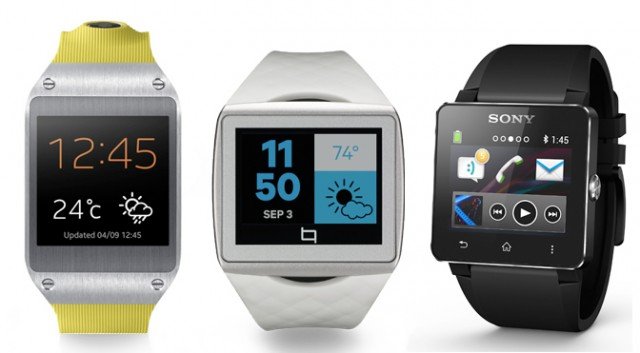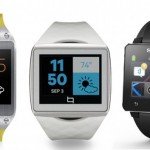
With some 370,000 smartwatches sold in 2014, Australians are warming to wearable computing with the market poised to exceed $400 million by 2018, according to new research from emerging technology analyst firm Telsyte.
According to Telsyte’s Australian Smartphone & Wearable Devices Market Study 2015, the smartwatch market is expected to grow by at least 50 per cent in 2015 due to the arrival of an Apple Watch.
Samsung, an early entrant in to the smartwatch market is the current market leader.
Watch jewellery is a mature market with around 40 per cent (more than 7 million) of Australians (age 16 and above) wearing a watch almost every day. Notwithstanding the challenges, smartwatches have the potential to disrupt the traditional market as people consider wearable devices an extension to their smartphone and apps they use for fitness and communications.
Telsyte Managing Director Foad Fadaghi says smartwatches will become more appealing to consumers as new stylish and featured devices enter the market, with the 25 to 44 year-old age group representing the best sales opportunity in 2015.
“There is a lot of anticipation for the Apple smartwatch and our research indicates half of all smart fitness band users are looking to upgrade to a smartwatch, creating a potentially vibrant new product category” Fadaghi says.
Telsyte research showed that over 800,000 smart wristbands such as those made by Fitbit and Garmin were sold in 2014.
As with smartphones, consumers consider ease of use, pricing and battery life the most important attributes of smartwatches. Many current smartwatches have been criticised for their short battery life and limited unique usage scenarios.
Telsyte’s research found the top three applications people want from a smartwatch are to (1) check the time and date (2) use it as an alarm clock or a reminder alert, and (3) read messages, including e-mail.
Smartphone sales mature as hand-me-down devices shake up the mid-market
According to Telsyte research, there were 16.8 million smartphone users in Australia at the end of December 2014 with sales of just below 5 million units in the second half of 2014.
This was around 10 per cent less than Telsyte expected over H2, despite very strong iPhone 6 sales.
Telsyte Senior Analyst Alvin Lee says the iPhone gained market share in H2 2014, but the overall share trends are likley to change again as an Android-users upgrade cycle in expected to commence in early 2015.
However, Telsyte has recognised increased competition to Android device by older model iPhones, typically received through a “hand-me-down”.
“The durability of handsets and the hand-me-down phenomenon is impacting the market, along with a flood of second hand iPhones cutting into sales of mid-tier Android handsets in the second half of 2014,” Lee says.
Telsyte estimates 1.3 million iPhone 6 and 6 Plus units sold in Australia last year, with the iPhone 6 outselling the iPhone 6 Plus, at a ratio four to one. Despite this Telsyte believes the demand for phablets or larger form factor smartphones is growing and will represent around a quarter of smartphones in use by 2019.





